Japanese Spirea grow best in an acid to slightly alkaline soil ranging between 55 to 80 on the pH scale Most average garden soils fall between a pH range of 60 to 70 How To Test Soil pH Soil pH is a measurement of the alkalinity or acidity of soil and is measured on a scale of 114, with 7 as the neutral markBack in 1993 Peter Catt, who lives in the village of Liss, in Hampshire, England, took pollen from a plant of the Japanese spirea with golden leaves and pink flowers, called 'Candlelight' He used it to pollinate a plant of the wild whiteflowered variety, Spirea japonica var albiflora , which has green leavesJapanese spirea and azalea in the garden with an Asian flavor Because of the beautiful color of the leaves, miniature varieties of spireas are also popular for creating bonsai In the soil where the Japanese spirea is planted, It is necessary to plant a mulch from peat, crushed bark or compost annually Mandatory fertilizing plants with
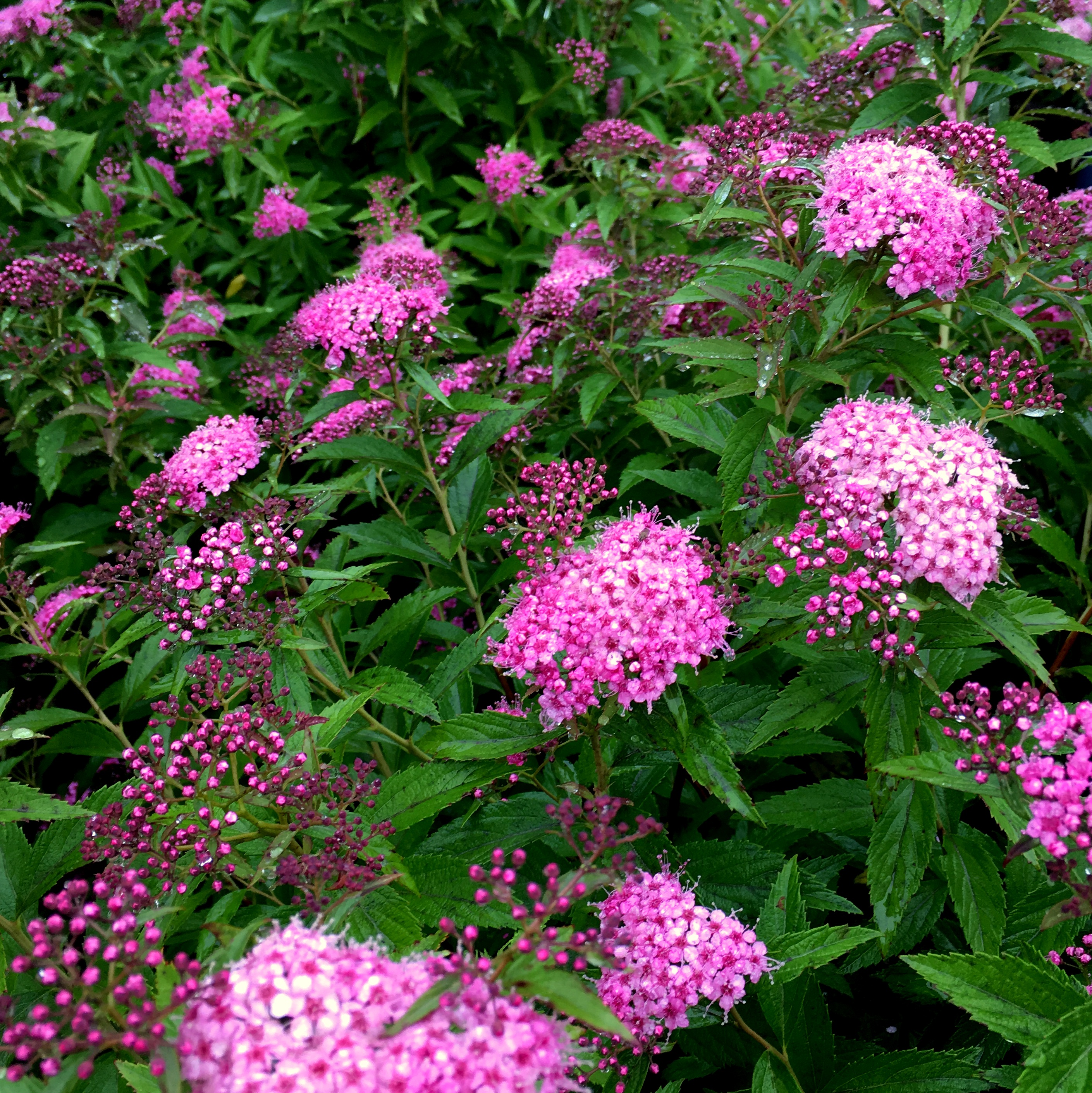
Spiraea 101 Surfing Hydrangea Nursery Inc
What are the different types of spirea
What are the different types of spirea-Bloom continues into September if deadheadedSpiraea japonica Zones 38 Bloom time Early summer through fall Height and spread 1 to 2 feet tall, 2 feet wide This lowgrowing mounded spirea shrub is ideal for creating eyecatching borders that provide continual interest In spring, the new leaves are vibrant red, gradually maturing to gold while retaining red tips at the ends of the branches




Japanese Spirea Japanese Meadowsweet Magic Carpet Spiraea Japonica My Garden Life
Problems of Spirea Leaves Curled and Distorted by Aphids Aphids, also called plant lice, are softbodied, pearshaped sucking insects about the size of the head of a pin They sometimes cluster in large masses on tender new leaves and buds of spirea Their feeding retards plant growth, and causes the leaves to curl and turn yellowJapanese spirea – photo We offer you to get acquainted with the bright colors and shapes of various types of Japanese spirea in our photo gallery Collected here are some of the best images of the plant's stunning aesthetic, as well as examples of how shrubs of different sizes and shapes can be used in different types of plantingsJapanese spirea is a small, deciduous shrub that grows up to 6 ft (18 m) tall and invades a variety of habitats throughout the Eastern United States The alternate leaves are oval to lance shaped, toothed along the margins, and 1 to 3 in (25 to 76 cm) long In late spring, white to pink flowers occur in clusters at the tips of branches
Curledleaved Japanese spirea (Spiraea japonica 'Crispa') A 3 to 4 feet tall and wide form of 'Anthony Waterer' with unique finelytextured leaves that are twisted and dissected Flowers are a lighter pink Double Play™ Artisan®Birchleaf spirea is a great small, rounded shrub, reaching 3 to 4 feet high It has white flowers in early summer with dark green, birchlike leaves The leaves turn a kaleidoscope of red, orange, and purple in fall, adding seasonal interest It can be used for butterfly gardens and inJapanese spirea is a shrub with ornamental leaves most often found in urban parks Japanese spirea bush in the back yard covered with hoarfrost Illuminated by
Noted for its wonderful foliage, Spiraea japonica 'Goldflame' (Japanese Spirea) is a compact deciduous shrub with bronzered ovate leaves in spring, changing to yellowgreen as the summer progresses The luminous foliage turns brilliant shades of orange, red and yellow in the fall In late spring to early summer, flat sprays of rosepink flowers are on displayJapanese Spirea Rosaceae Expand Habitat native to Japan, Korea, and China hardy to zone 4 Special NoteThis species has demonstrated an invasive tendency in Connecticut, meaning it may escape from cultivation and naturalize in minimally managed areas For more information,Spiraea japonica (Japanese Spirea) is a dense, broadly mounded, deciduous shrub with oval to lance shaped, sharplytoothed, bright green leaves In late spring to midsummer, domed sprays of white to pink flowers grace the tips of the branches and contrast well with the foliage The blossoms are followed by small capsules that are smooth and glabrous




Non Native Invasive Plants Japanese Spirea
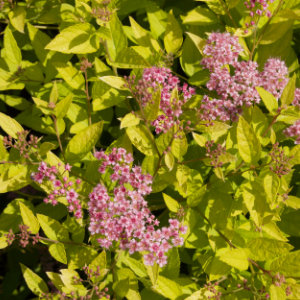



Japanese Spiraea Western Pennsylvania Conservancy
This Alpine Japanese Spirea is a natural variety of Japanese Spirea that is shorter with smaller leaves and bright pink flower clusters It has been commonly sold since the 1970's in the Midwest and East USA Positive On , mygardens from CrotononHudson, NY (Zone 6b) wroteJapanese spirea Golden Princess is a form of the previous variety, the difference is that it grows 33 ft in height and the color of its leaves is yellow;Other varieties of spirea, such as Japanese spirea, respond better to pruning in the late winter months How to Prune Spirea Bushes Spirea shrubs respond well to pruning In the spring, after the first blooms are spent, cut the dead flowers back by trimming spirea's stem tips back to the topmost leaf on each stem
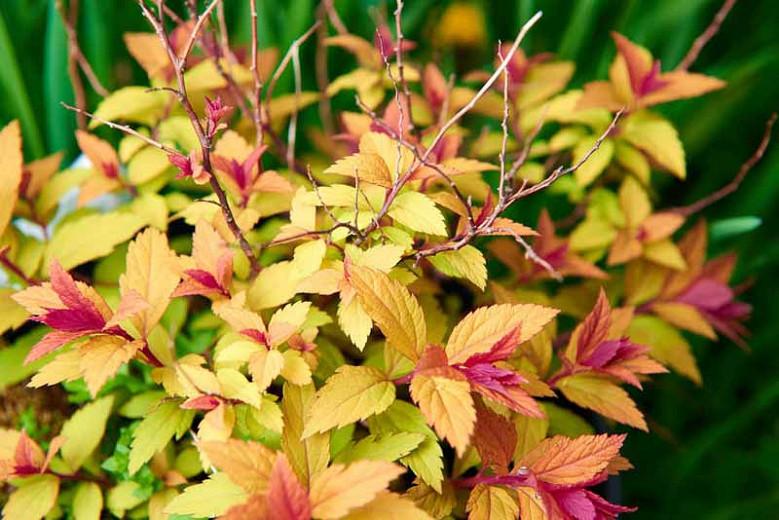



Spiraea Japonica Goldflame Japanese Spirea




Spiraea Japonica Japanese Spiraea Leaf Sandy S Plants Disease And Insect Id Blog
Spirea grow in a wide range of soil types, and Japanese spirea will tolerate alkaline soils as well as clay soils if necessary However, as a rule, spirea prefer to be grown in average, wellDescription Spiraea japonica is one of several Spiraea shrubs with alternate, simple leaves, on wiry, freely branching, erect stems The stems are brown to reddishbrown, round in crosssection and sometimes hairy The shrub reaches 12 m to almost 2 m in height and about the same in widthBaby's breath spirea ( S thunbergii ), also called thunberg spirea, is a showy, graceful shrub from 3 to 5 feet high and wide, with many slender, arching branches The small, narrow, toothed leaves turn orange in late fall The tiny white flowers are clustered in the axils along the stems in spring
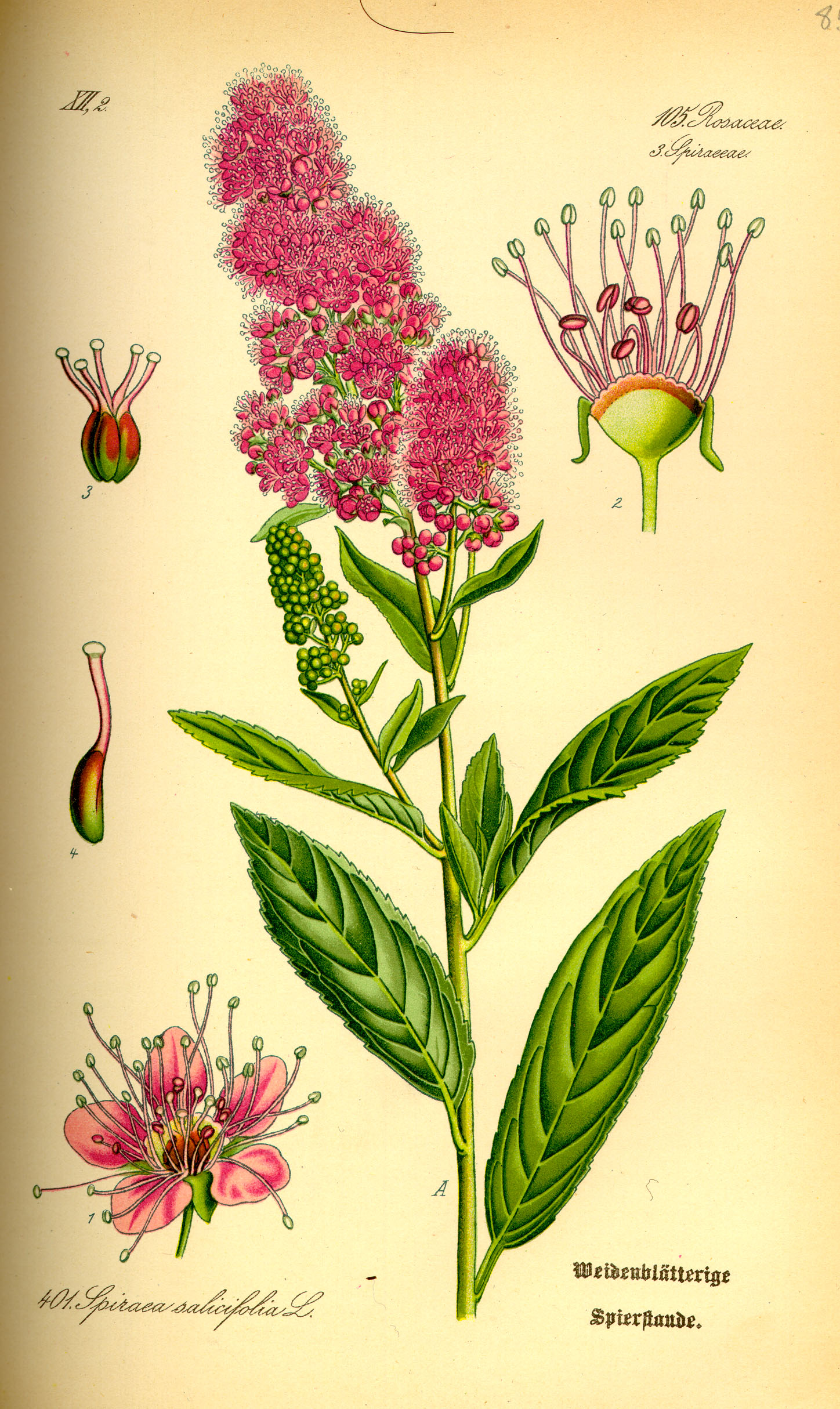



Spiraea Wikipedia




Spiraea Japonica Goldflame Goldflame Japanese Spirea Compact Deciduous Shrub With Ovate Leaves Changing To Yellow Green In Summer And Orange Red To Yellow In Autumn Stock Photo Picture And Royalty Free Image Image
This Japanese White Spirea is a dense, rounded spirea with large white flowers in summer in flat clusters, which contrast well with the handsome, medium to dark green foliage It can be used in foundation or border plantings Be sure to prune back in spring This shrub looks great in mass plantings Matures to be around 2' tall and wideSpiraea japonica L f Japanese spiraea, also called Japanese meadowsweet, is a perennial, deciduous shrub that grows to 4 or sometimes 6 feet in height and about the same in width It has slender erect stems that are brown to reddishbrown, round in crosssection and sometimes hairy The leaves are generally eggshaped, 13 inches long, haveI agree Also known as Japanese Meadowsweet, Maybush 'Anthony Waterer' Looks like I can prune and/or deadhead any time it starts to look raggedy Also looks like I should prune it 6″ every fall after leaves drop Finally, appears to be somewhat invasive, spreading by seed




Spirea Powdery Mildew Pacific Northwest Pest Management Handbooks




Green Pink And Orange Leaves Texture Front View Of The Japanese Spirea Goldflame Firelight Green Pink And Orange Leaves Canstock
Noteworthy Characteristics Spiraea japonica, commonly called Japanese spirea, is a dense, upright, mounded, deciduous shrub that typically grows 46' tall with a slightly larger spread Leaves (to 3" long) are oval and sharplytoothedMapping and management of the nonnative Japanese spiraea at Buffalo Mountain Natural Area Preserve, Virginia, USA Natural Areas Journal 33(4) Integrated Taxonomic Information System Spiraea japonica AccessedSpiraea japonica (Japanese Spirea) is a dense, broadly mounded, deciduous shrub with oval to lance shaped, sharplytoothed, bright green leaves In late spring to midsummer, domed sprays of white to pink flowers grace the tips of the branches and contrast well with the foliage Spirea, a deciduous shrub that can grow from 2 to 6 feet tall




Spiraea Nipponica Snowmound Landscape Plants Oregon State University
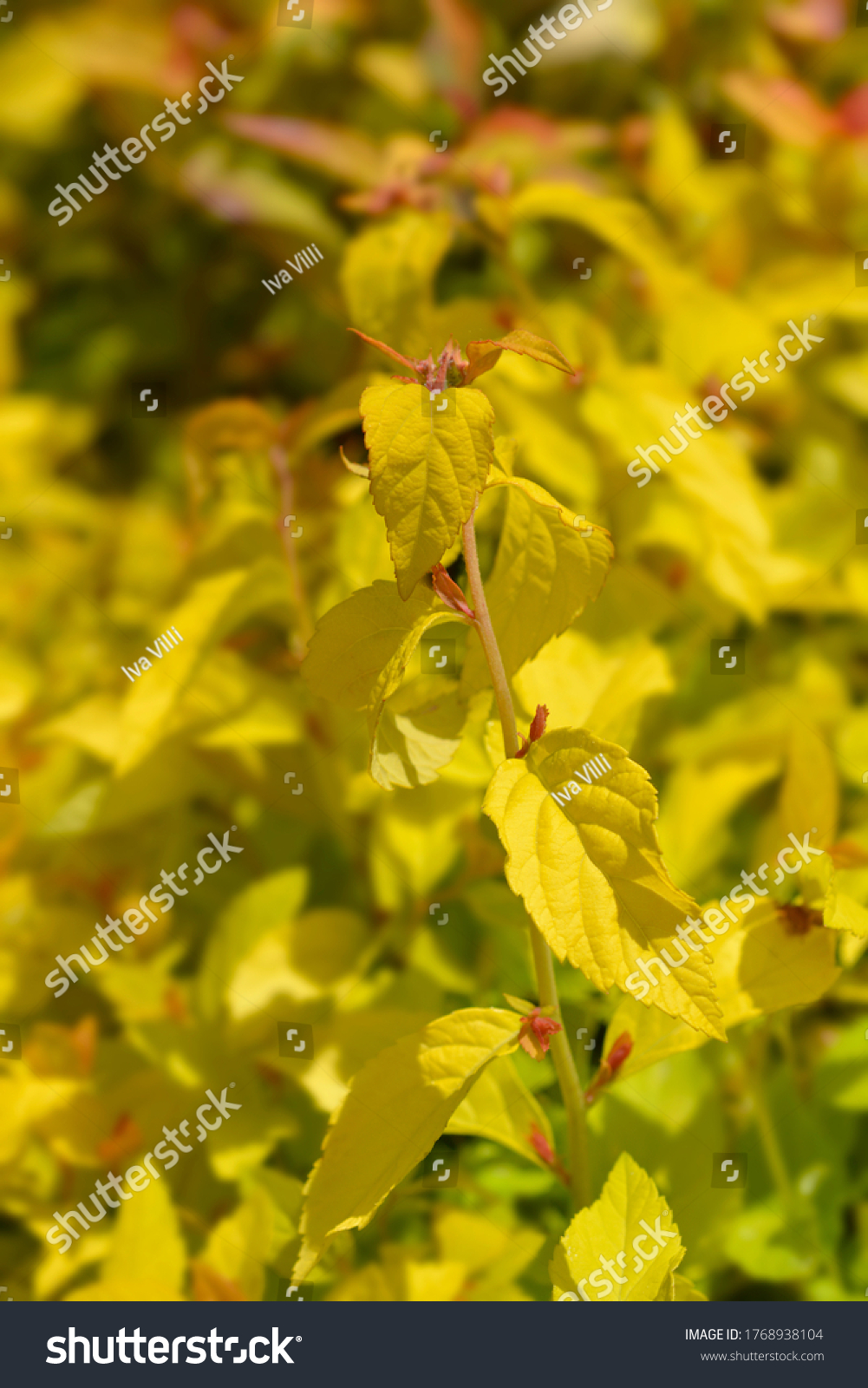



Japanese Spirea Golden Princess Leaves Latin Stock Photo Edit Now
Japanese spiraea, also called Japanese meadowsweet, is a perennial, deciduous shrub that grows to 4 or sometimes 6 feet in height and about the same in width It has slender erect stems that are brown to reddishbrown, round in crosssection and sometimes hairy The leavesJapanese Spirea Spiraea japonica Japanese Spirea, flowers of the cultivar 'Neon Flash' Features Clusters of pink flowers in early summer 'Neon Flash' 3 feet tall, new leaves emerge reddish and change to dark green, red flowers 'Shibori' ('Shirobana') 23 feet tall, white, pink and deep pink flowers all on the same plantNote that although Japanese spirea is not yet on North Carolina's statewide list of invasive plant species, it is specifically noted as an invasive plant in Buncombe County and the Great Smoky Mountains National Park Some cultivars of the invasive Japanese spirea have golden leaves like this 'Goldflame' spirea




Japanese Spirea Firelight Leaves Latin Name Spiraea Japonica Firelight Stock Photo Picture And Royalty Free Image Image
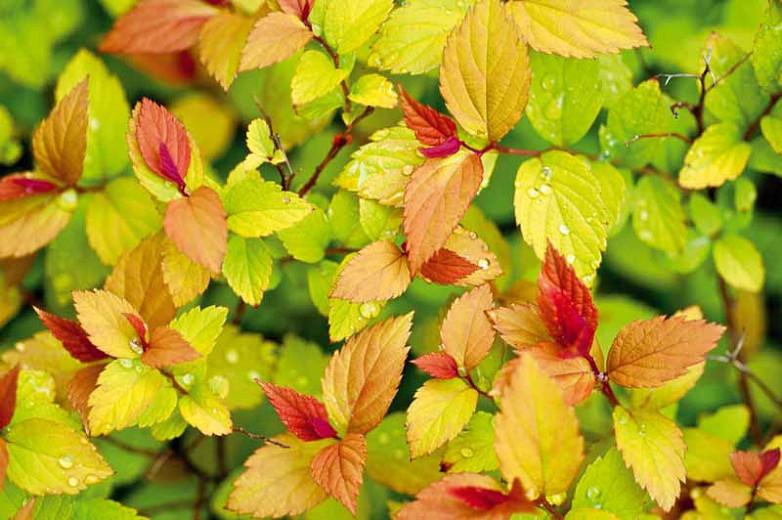



Spiraea Japonica Goldflame Japanese Spirea
Japanese spirea (Spiraea japonica) Offering the greatest range of sizes (dwarf right up to 5' or taller) and flower and leaf colors, Japanese spirea produces lavish clusters of white, light pink, rosyred or purple flowers in late spring and summer Finely textured green or bluegreen foliage is most typical, but this is where to look forJapanese spirea with its species diversity and unusual beauty of bushes is an indispensable element of garden decor In addition to being stunningly aesthetic, it is also loyal to the juvenile plants Spiree bushes easily tolerate even the most merciless pruning, so that they can be given the most unconventional formsWhen fall arrives, you can anticipate added interest as your Japanese White Spirea's leaves soften in color to a lovely coppery tone Plant this deciduous and compact shrub in your mixed perennial border to extend the flower season Or use it to define the edges of your landscape



Weigela




Japanese Spirea Golden Princess Leaves Latin Name Spiraea Japonica Golden Princess Stock Photo Picture And Royalty Free Image Image
Spiraea japonica Deciduous shrub, 45 ft (1215 m), rigid, erect branches, with infrequent secondary branches Leaves alternate, simple, 28 cm long, lanceolate to ovate, tip pointed, base narrowed, teeth mostly double serrate, green above and graygreen below, pubescent on veins, petioles to 5 mm Blooms in summerJapanese White Spirea is a much lower growing, more tightly compacted variety of Spirea which features the same blooming power of it's larger sized Spirea cousins, but in a smaller sized shrub great as an accent plant or for use in container gardeningJapanese spirea (Spiraea japonica 'Galen') A 2 1/2 feet tall cultivar with a compact habit




Photo Of The Leaves Of Japanese Spirea Spiraea Japonica Magic Carpet Posted By Lauribob Garden Org
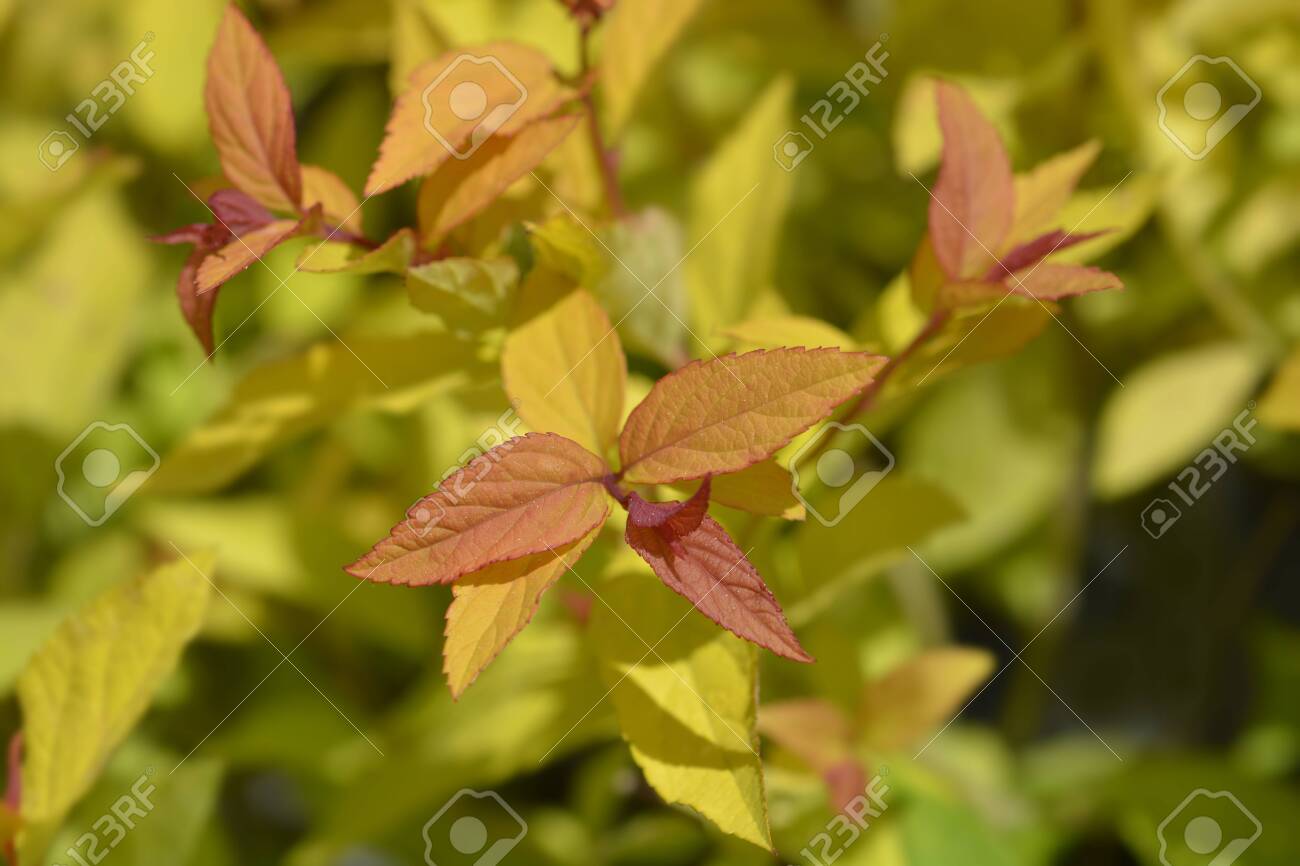



Japanese Spirea Goldflame Leaves Latin Name Spiraea Japonica Goldflame Stock Photo Picture And Royalty Free Image Image
Japanese spirea Shirobana is a low shrub (226 ft), the head diameter is 4 ft, the leavesSpiraea japonica 'Alpina' spyREEah jahPONihkah Audio Audio Play Icon This lowgrowing, clumpforming shrub has a spreading habit, reaching 10 inches tall Slender branches spread across the ground Foliage is light bluegreen to 1 inch long In late June, this plant bears clusters of pink flowers;Spiraea japonica, or Japanese Spiraea, is a flowering dwarf deciduous shrub with leaves that change color over the season, growing 4 to 6 feet high and as many feet wide The plant is drought tolerant and has an upright, low and broadly mounded form creating a dense thicket of thin wiry stems Japanese Spiraea blooms in early summer with pink flowers that attract butterflies and is




How To Plant Prune Fertilize Water Japanese Spirea Shrubs Wilson Bros Gardens




Spiraea Japonica Gold Mound Goldmound Spirea Japanese Spirea Gold Mound North Carolina Extension Gardener Plant Toolbox
Image by Rvo233 Japanese spirea ( Spiraea japonica) is a small shrub native to Japan, Korea, and China It has become naturalized throughout much of the United States In some regions, its growth has become so out of control it is considered invasive, and folks are wondering how to stop the spread of Japanese spireaLeaf Colour green Bloom Time June to September Spiraea japonica Double Play Candy Corn Proven Winners Introduction Common Name Spirea Bloom Colour deep purple pink Leaf Colour red changing to yellow and orange Bloom Time late spring to early summer Spiraea japonica Double Play PinkSpiraea japonica 'Goldmound' // Goldmound Japanese Spirea Shrub Low mounded form, 23' tall and 34' wide, with golden leaves throughout the growing season, and pink to lavenderpink flowers in May/June/July Golden leaf color of spring fades to a yellowgreen in the heat of summer




Pca Alien Plant Working Group Japanese Spiraea Spiraea Japonica
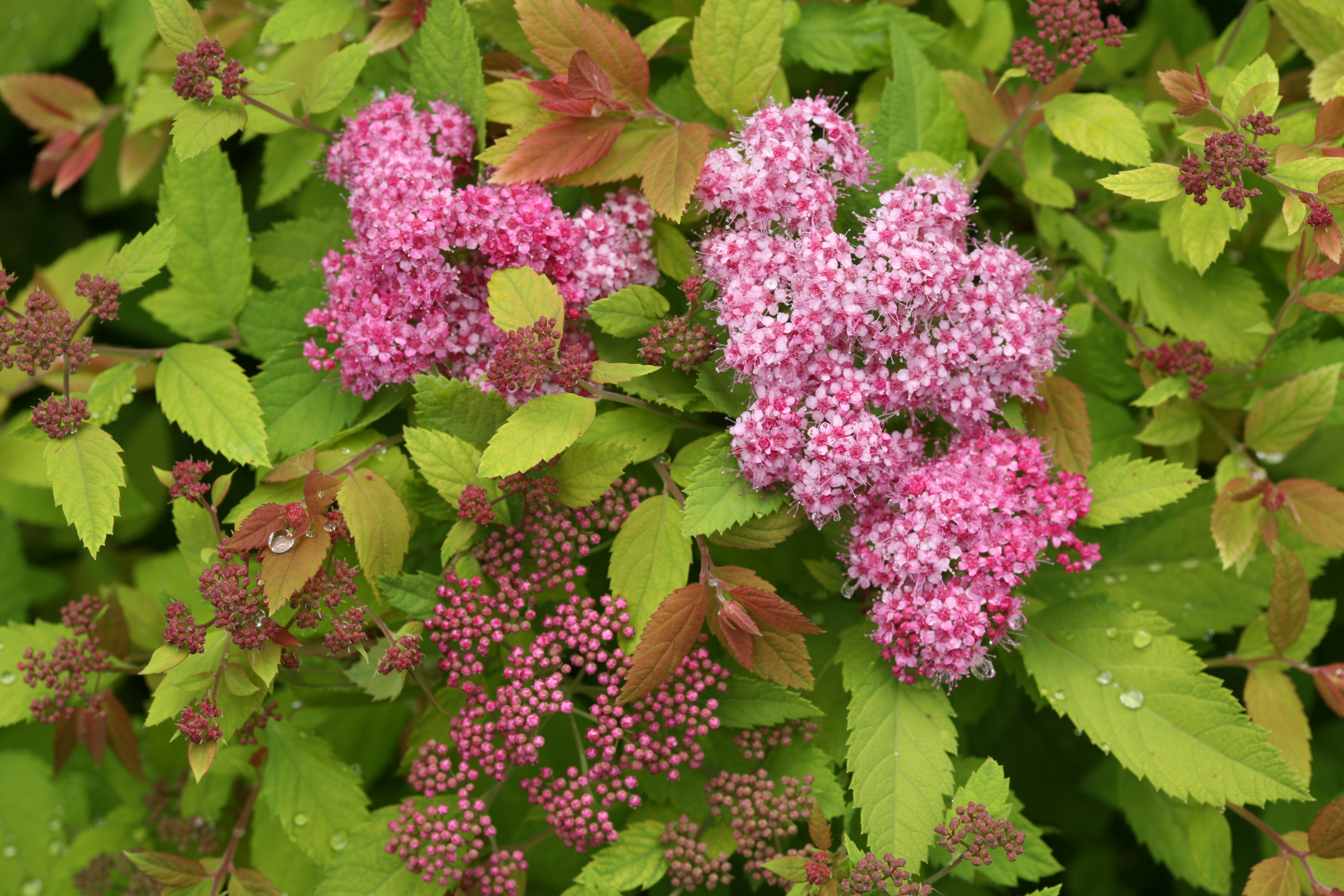



Double Play Big Bang Spirea Spiraea X Proven Winners
Japanese Spirea Albiflora (also Belotsvetkovaya Spiraeus Bumald) is a popular dwarf ornamental shrub in Russia, unpretentious in its maintenance and resistant to low temperatures This variety has high decorative qualities it retains an attractive appearance even after flowering, until late autumn, when the light green color of the leavesOther spirea leaves have pointed tips and serrated sides Spirea leaves come in shades ranging from light green to deep bluishgreen Leaves of spireas generally measure from 1 to 2 inches longThe best time to prune spirea is after the first flowering For a springblooming cultivar, a good time will be in late spring For a summerblooming variety, this will be in midsummer During the spirea trim, cut the back the tips of the stems to the top of the leaf bud




Photo Of The Leaves Of Japanese Spirea Spiraea Japonica Magic Carpet Posted By Missingrosie Garden Org




Japanese Spirea
There are many different types of spirea Here are a few of the most commonly grown Japanese spirea ( Spiraea japonica) has the widest color range, with foliage in shades of green, blue, gold or chartreuse Flowers bloom from late spring into summer in colors of pink, purple, red or whiteSpirea bushes are generally simple plants to grow as long as the growing conditions and care are ideal Two common diseases can cause the plant to die off If you have a spirea bush that is dying, it could be a disease or another reason concerning the region or careHeight Japanese spiraea is a small shrub with slender erect stems to 2 m (65 ft) tall Stem Brown to reddishbrown stems are round and glabrous to densely pubescent on branchletsBuds are very small, rounded to triangular and somewhat flattened Leaves The leaves are alternate, lanceolate to lanceovate, simply or doubly serrate, acute at base, 812 cm (3045 in) long, 34 cm (12
:max_bytes(150000):strip_icc()/goldflame-or-gold-mound-spirea-4119888-05-e74369fe65d4482698dced4060b4941e.jpg)



Goldflame Spirea Plant Care Growing Guide
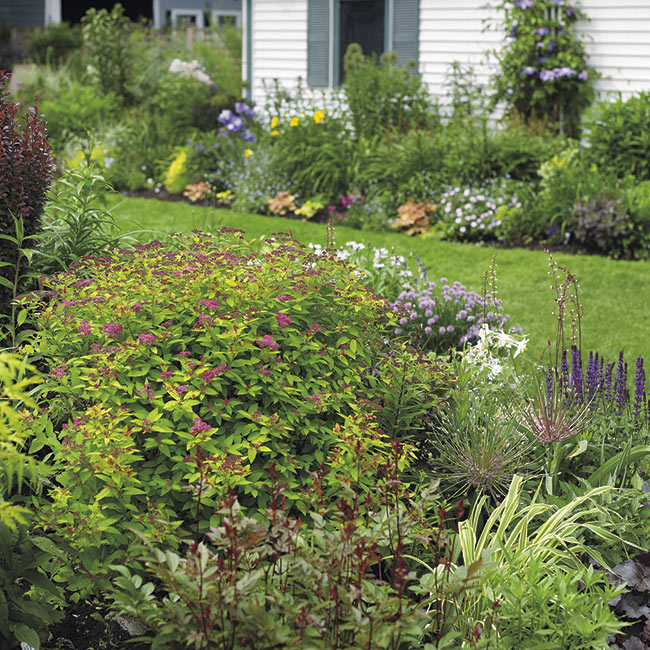



Your Guide To Spirea Garden Gate
Japanese spirea (Spiraea japonica) This species is easily the most cultivated with endless sizes, forms, colors, and textures One popular cultivar is 'Gold Mound' Bridal wreath spirea (Spiraea prunifolia) Bridal wreath spirea is a large species compared to other in the genus It can reach heights up to feet if not pruned backSpiraea japonica, commonly called Japanese spirea, is a dense, upright, mounded, deciduous shrub that typically grows 46' tall with a slightly larger spread
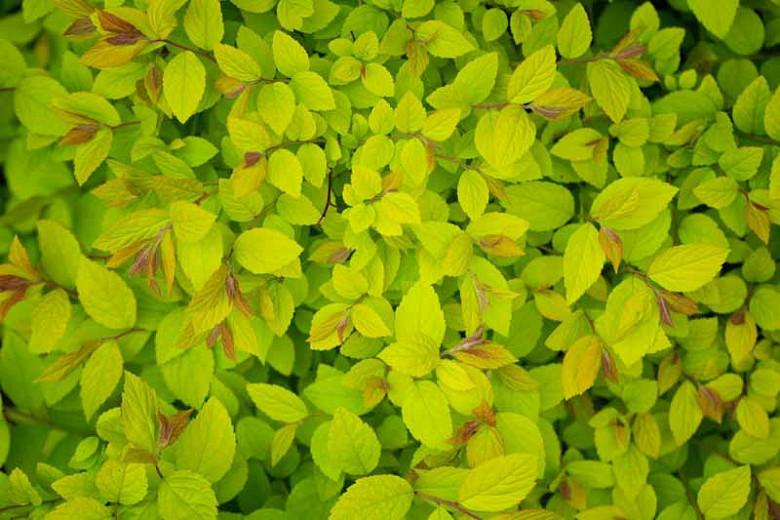



Spiraea Japonica Firelight Japanese Spirea
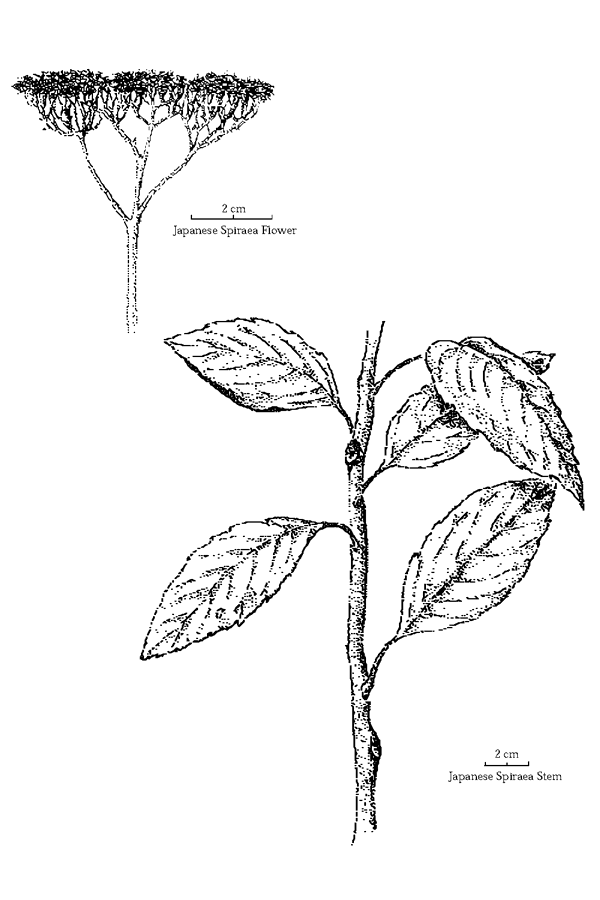



Japanese Spiraea Spiraea Japonica Southeast Exotic Pest Plant Council Invasive Plant Manual




Birch Leaf Spirea Shrub
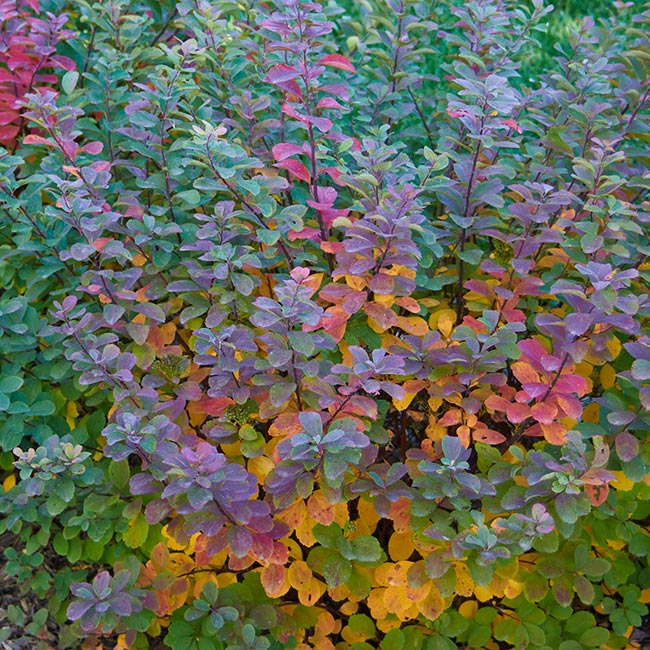



Your Guide To Spirea Garden Gate
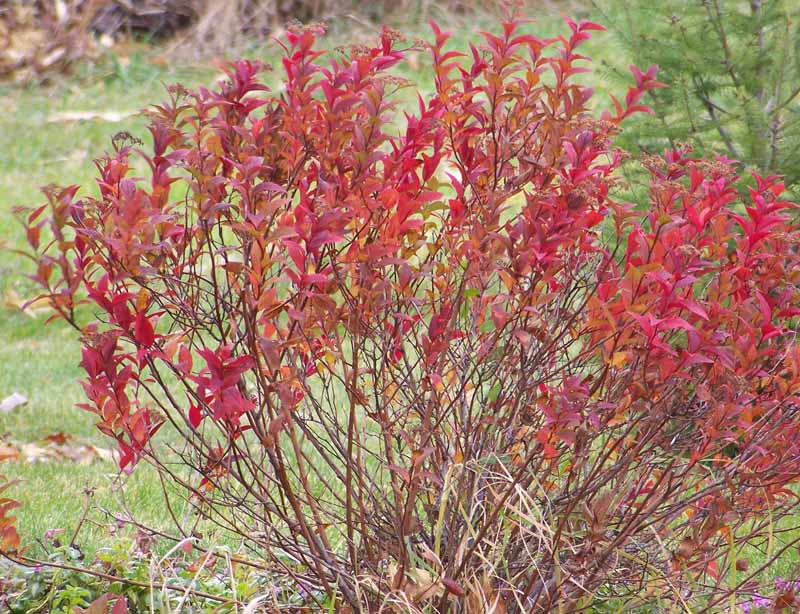



How To Grow And Care For Spirea Bushes Gardener S Path




Japanese Spirea Japanese Meadowsweet Goldmound Spiraea Japonica My Garden Life
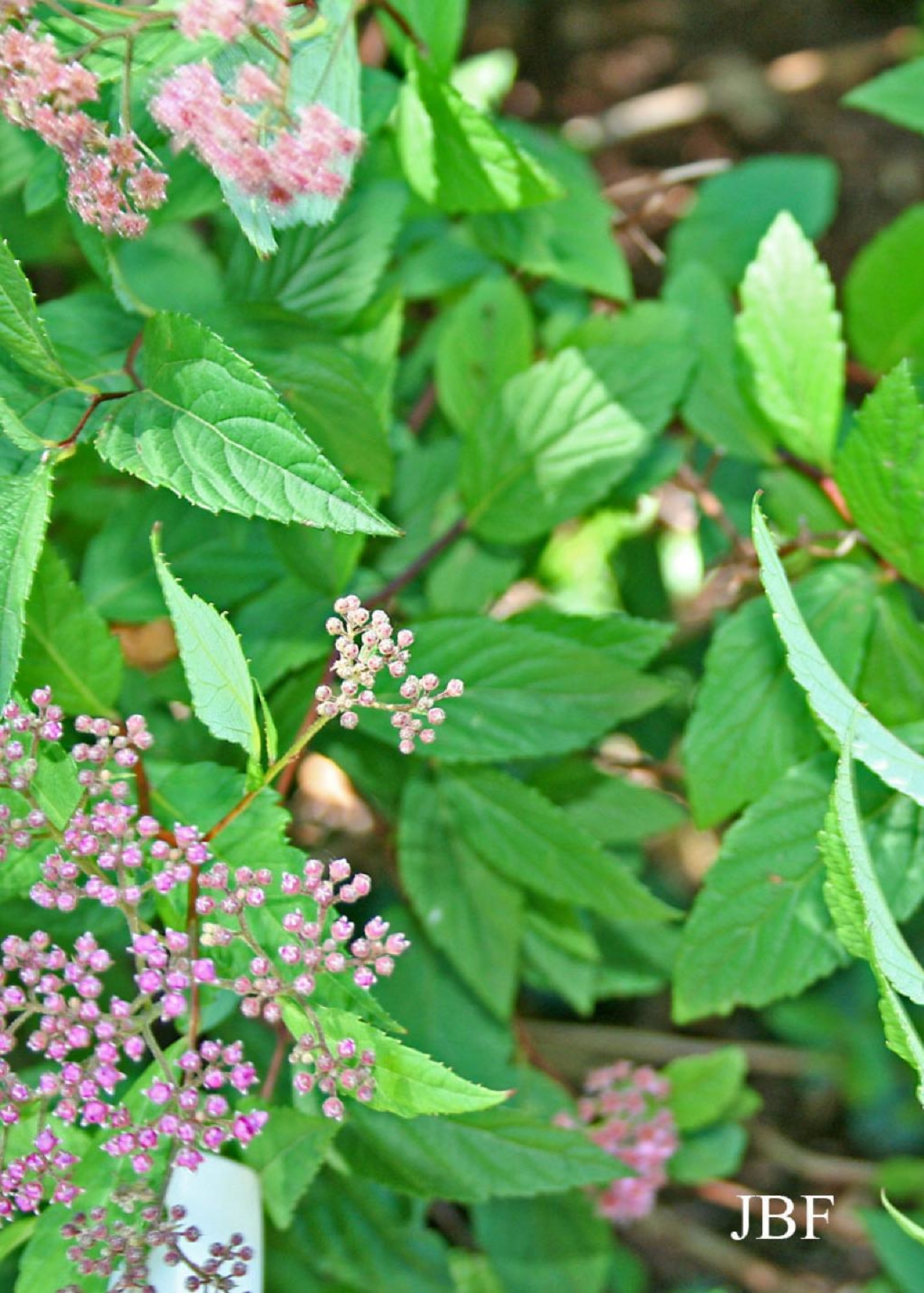



Japanese Spirea The Morton Arboretum




Spiraea Japonica Japanese Meadowsweet Japanese Spiraea Leaves Turned Red In Autumn Stock Image Image Of Turned Shrub




Japanese Spirea Goldflame Leaves Latin Name Spiraea Japonica Goldflame Canstock




Japanese Spirea Firelight Leaves Latin Name Spiraea Japonica Firelight Stock Photo Picture And Royalty Free Image Image



Japanese Spirea
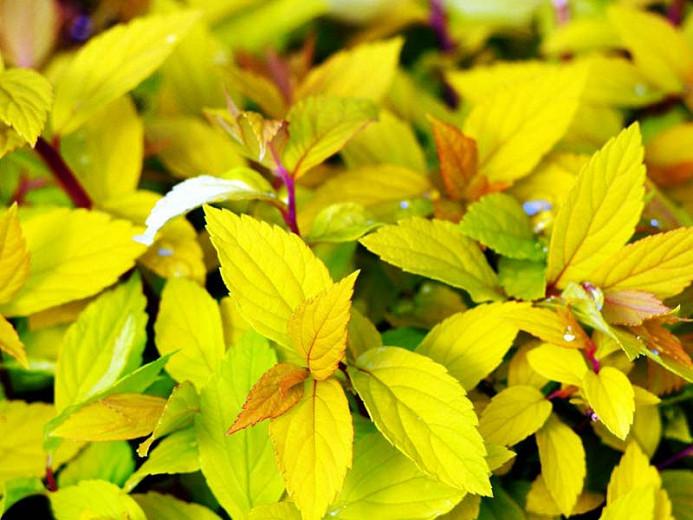



Spiraea Japonica Gold Mound Japanese Spirea




Great Plant Pick Spiraea Japonica Walbuma Magic Carpet Heraldnet Com




Spiraea Japonica Gold Mound Goldmound Spirea Japanese Spirea Gold Mound North Carolina Extension Gardener Plant Toolbox
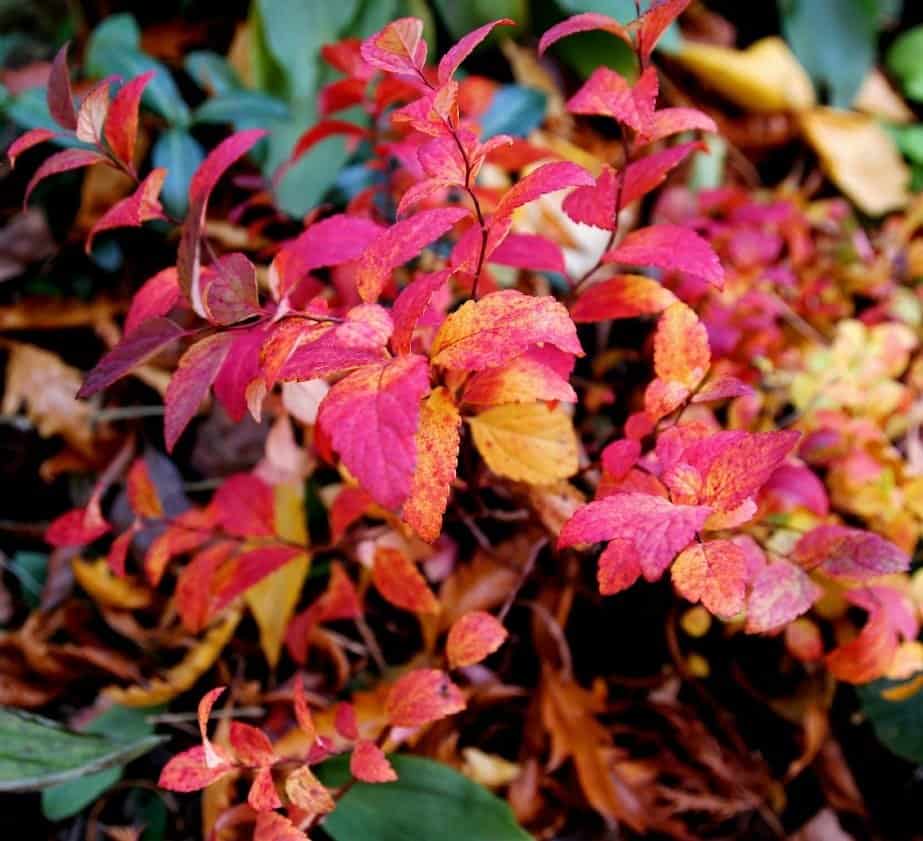



There S Something About Spirea Garden Making




Spiraea Japonica Bumald Spiraea Goldmound Spiraea Japanese Meadowsweet Japanese Spiraea North Carolina Extension Gardener Plant Toolbox




Spiraea Japonica Goldflame Landscape Plants Oregon State University




Spiraea Japonica




Japanese Spirea Goldflame Rhs Japanese Plants Garden Shrubs Spirea



Little Princess Spirea Handy Andy S Nursery




Spiraea Species Japanese Spirea Japanese Meadowsweet Maybush Spiraea Japonica



Spiraea Japonica Wikipedia
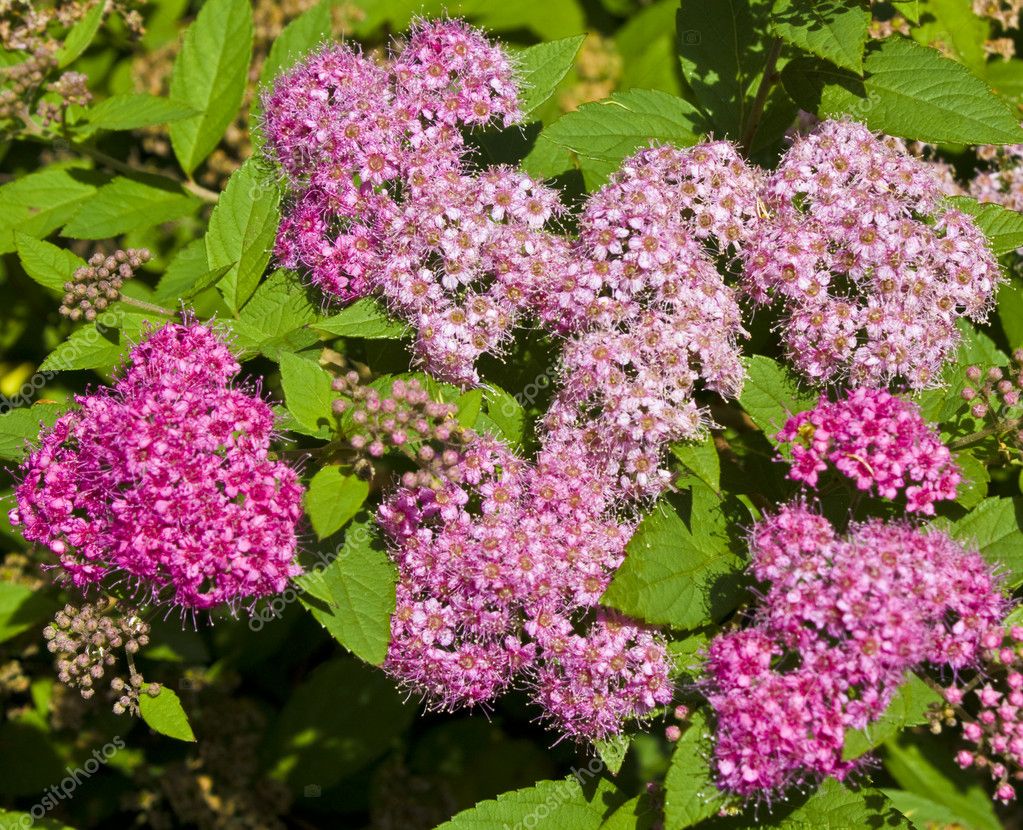



Japanese Spirea Stock Photo By C Afonskaya
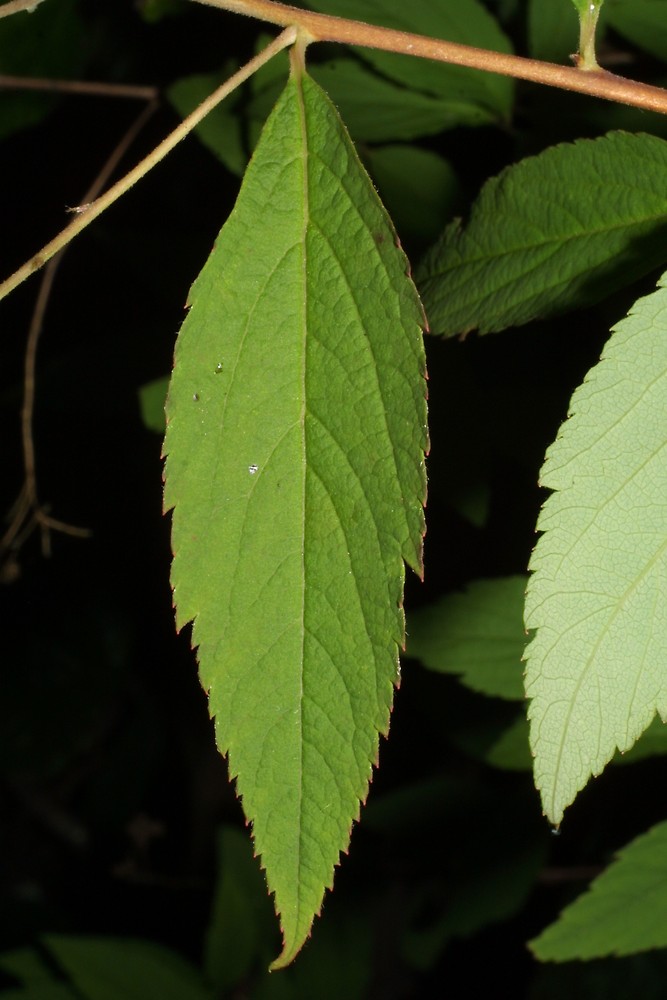



Spiraea Japonica Japanese Meadowsweet Go Botany



Toronto Wildlife More Japanese Spirea
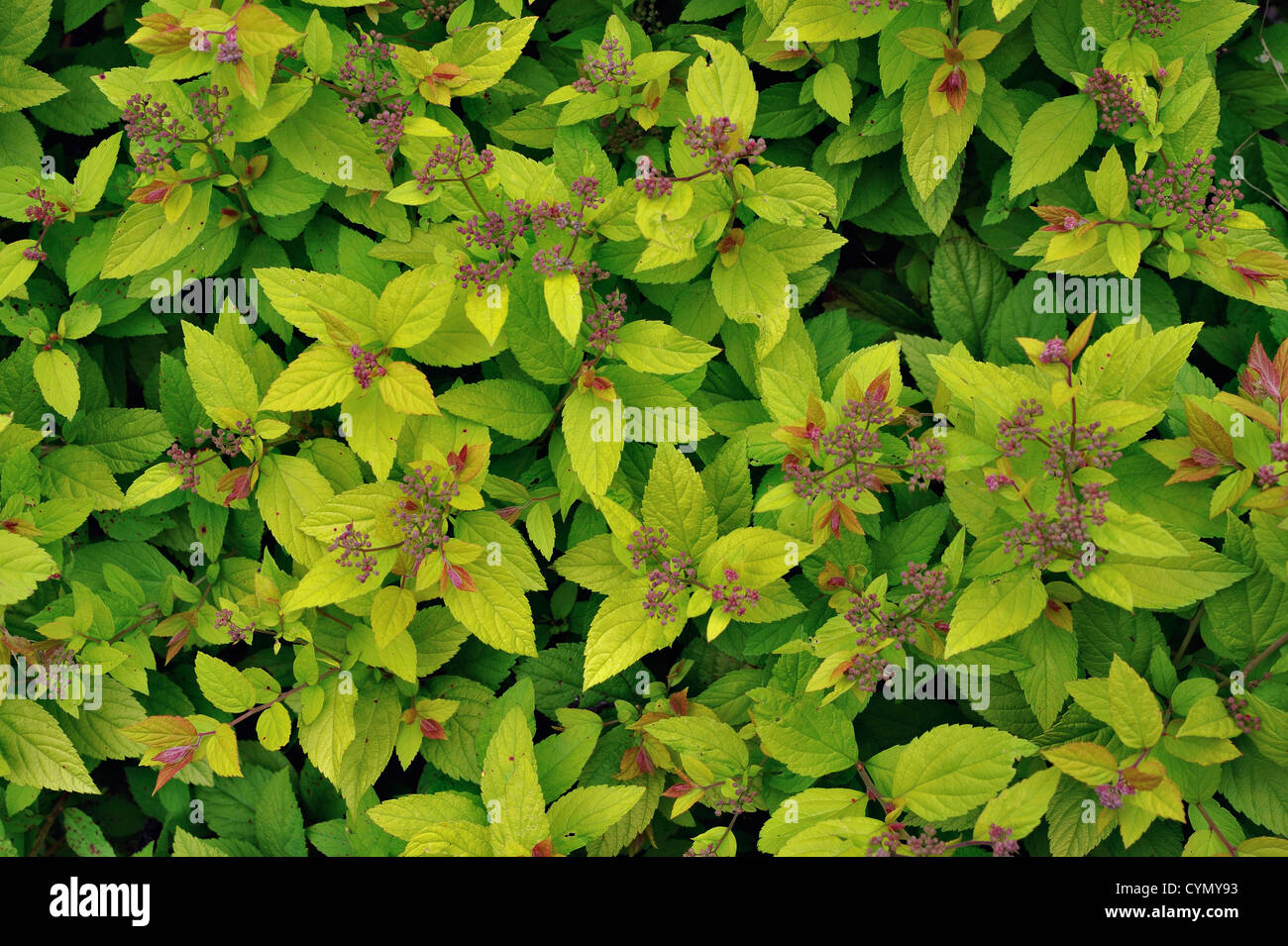



Spirea Leaves High Resolution Stock Photography And Images Alamy
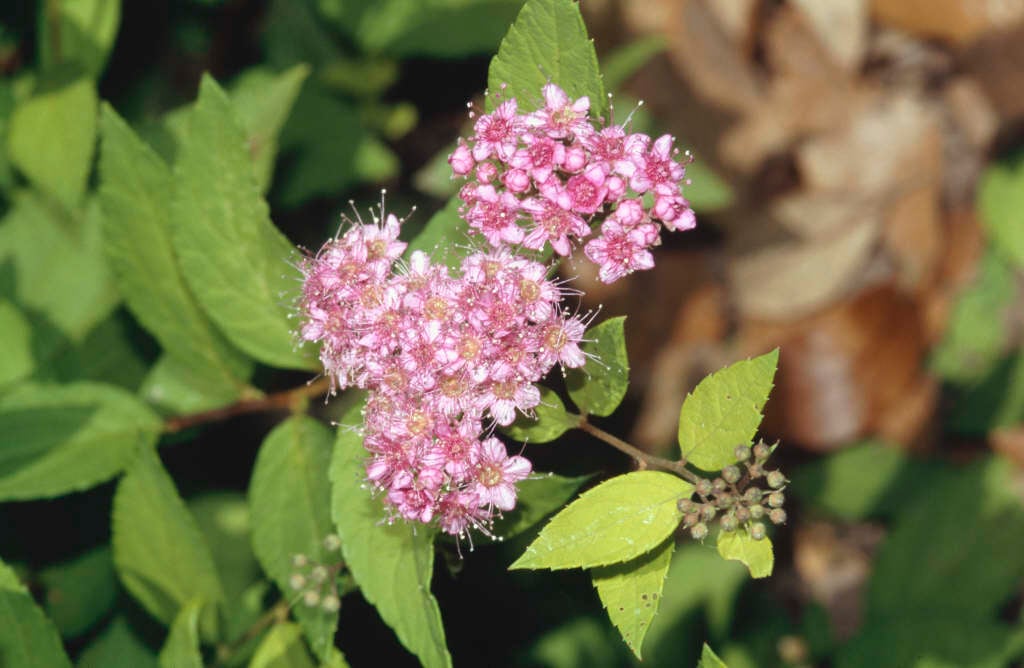



Rhs Advice Tips On Garden Indoor Plants Plant Finder Selector Rhs Gardening




Japanese Spirea Golden Princess Leaves Latin Name Spiraea Japonica Golden Princess Canstock
/goldflame-or-gold-mound-spirea-4119888-hero-bf560fbc3fa241ada636b131f25edc09.jpg)



Goldflame Spirea Plant Care Growing Guide




Plant To Know Birchleaf Spirea The Impatient Gardener
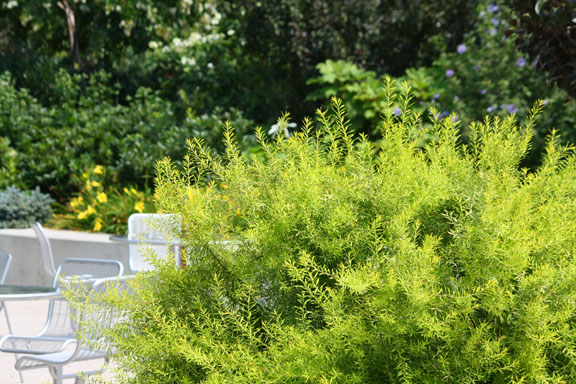



Spirea The Poor Man S Shrub No More Le Jardinet




A Sugary Sweet Shrub That Stays In Bounds Finegardening




Japanese Spirea Is A Shrub With Ornamental Leaves Most Often Found In Urban Parks Stock Photo Image Of Japanese Breeding
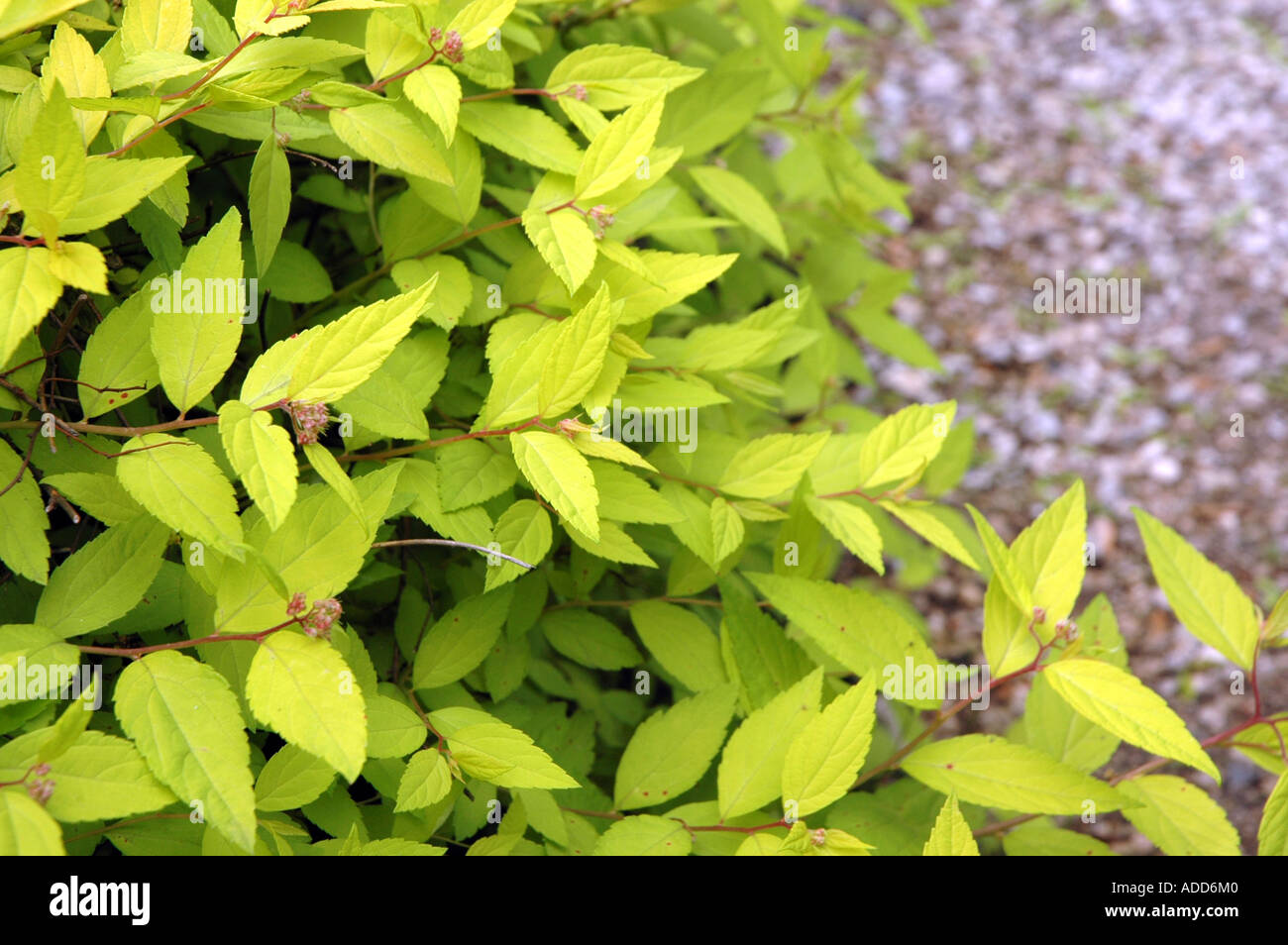



Japanese Spirea Spiraea Japonica Variety Little Princess Stock Photo Alamy




Japanese Spirea Goldflame Spiraea Japonica Goldflame Plants Candide Gardening
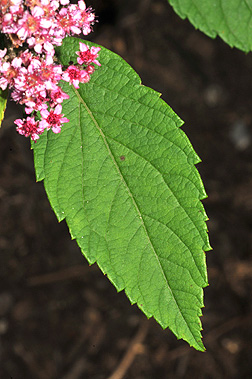



Virginia Tech Dendrology Fact Sheet




Photo Of The Fall Color Of Japanese Spirea Spiraea Japonica Shibori Posted By Wildflowers Garden Org




Japanese Spirea Golden Image Photo Free Trial Bigstock
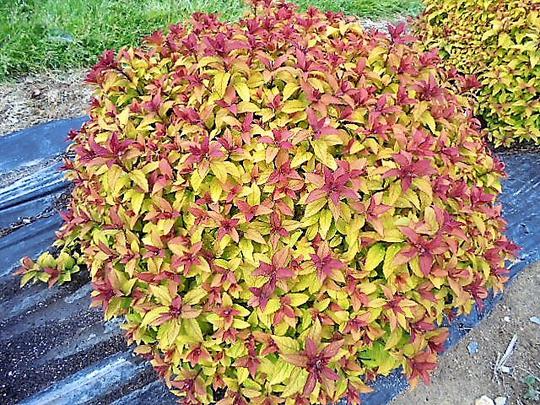



Spiraea Japonica Merlo Star Davcop01
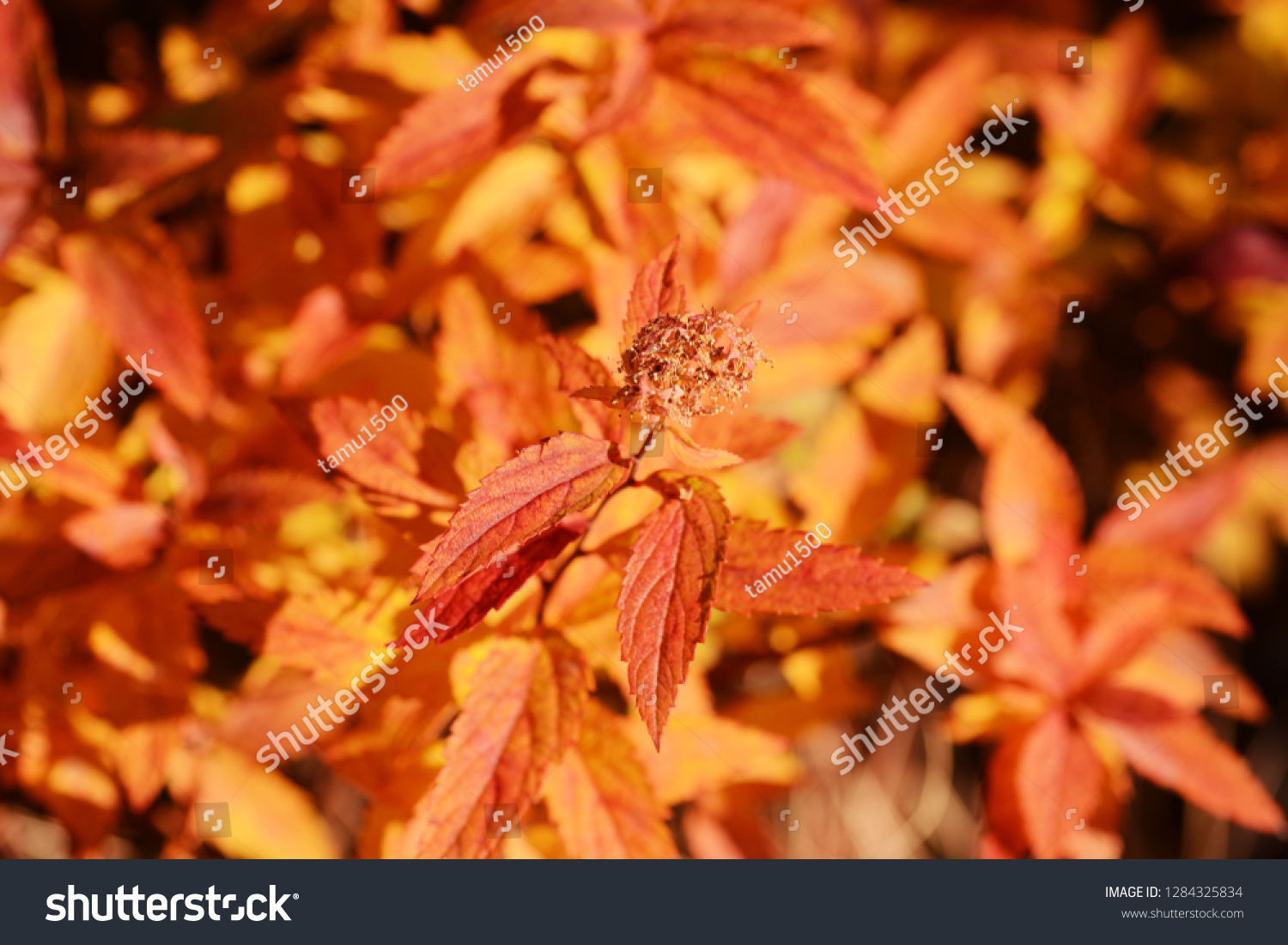



Autumn Leaves Japanese Spirea Spiraea Japonica Stock Photo Edit Now




Photo Of The Leaves Of Japanese Spirea Spiraea Japonica Golden Princess Posted By Bonitin Garden Org
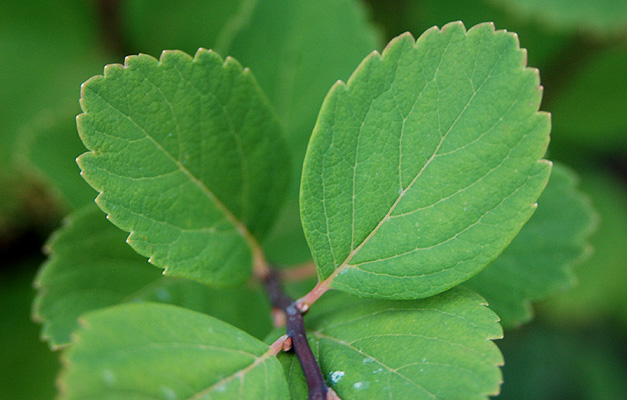



Spiraea Betulifolia Landscape Plants Oregon State University
:max_bytes(150000):strip_icc()/goldflame-or-gold-mound-spirea-4119888-01-68d197fc17b2474d8872e9c13399c2c9.jpg)



Goldflame Spirea Plant Care Growing Guide




Japanese Spirea Japanese Meadowsweet Flaming Mound Spiraea Japonica My Garden Life



Goldmound




Japanese Spirea Japanese Meadowsweet Magic Carpet Spiraea Japonica My Garden Life
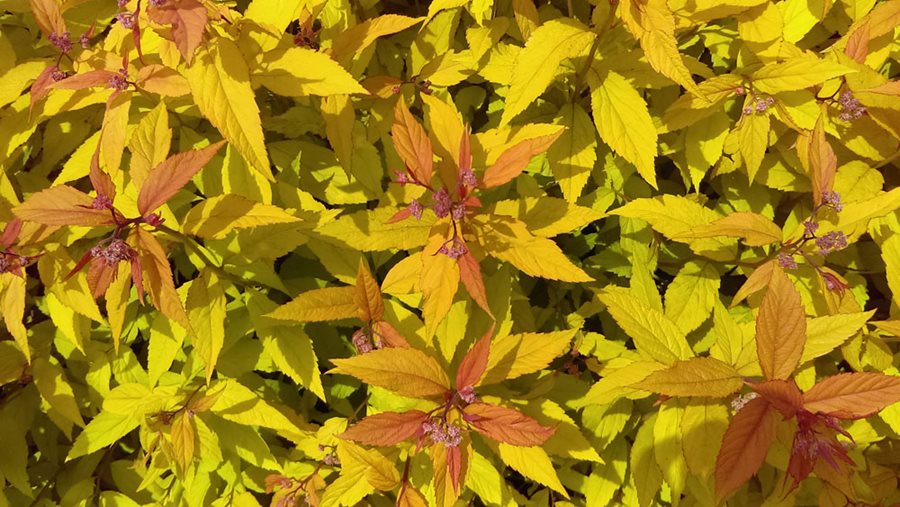



Spirea How To Grow And Care For Spirea Bushes Garden Design




Japanese Spirea Candlelight Spiraea Japonica Candlelight Plants Candide Gardening




Japanese Spirea Is A Shrub With Ornamental Leaves Most Often Found In Urban Parks Stock Image Image Of April Flower




Spiraea Japonica Gold Mound Goldmound Spirea Japanese Spirea Gold Mound North Carolina Extension Gardener Plant Toolbox




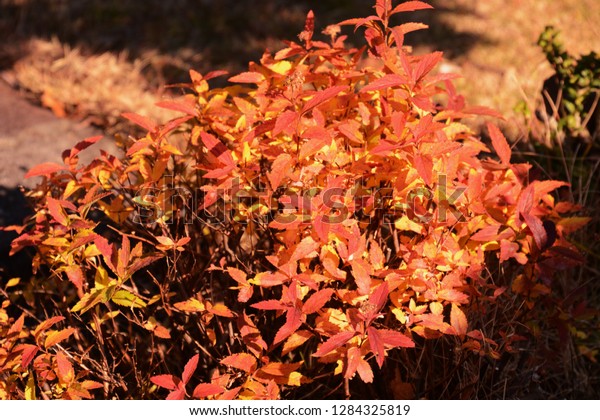



Autumn Leaves Japanese Spirea Spiraea Japonica Stock Photo Edit Now
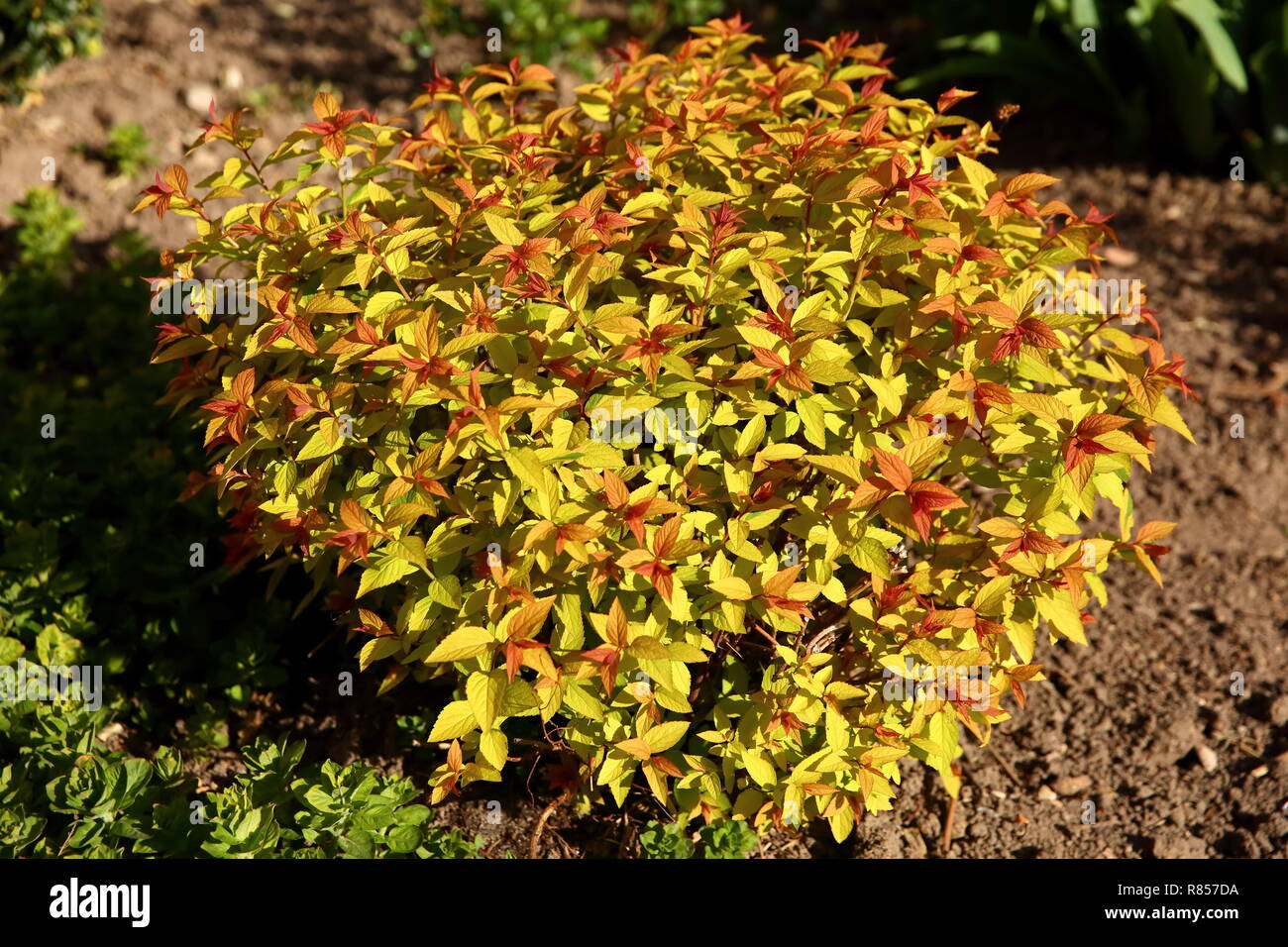



Spirea Leaves High Resolution Stock Photography And Images Alamy




Japanese Spirea Magic Carpet Spiraea Japonica Magic Carpet Plants Candide Gardening
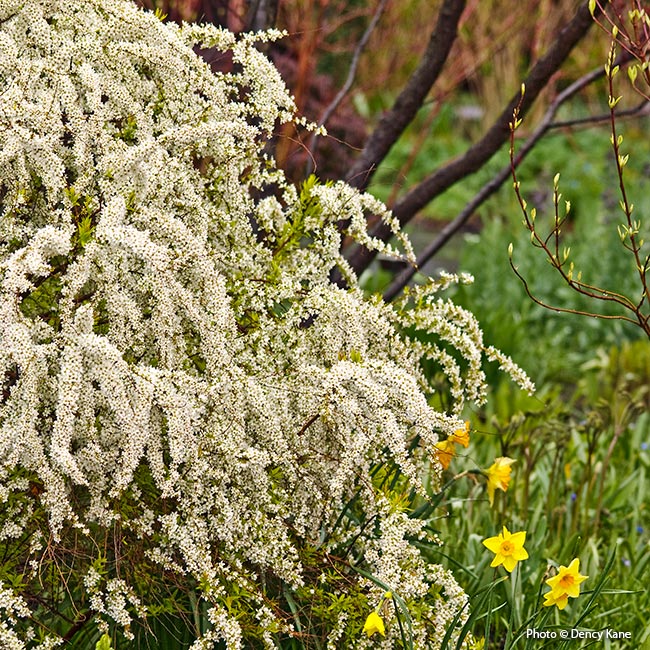



Your Guide To Spirea Garden Gate
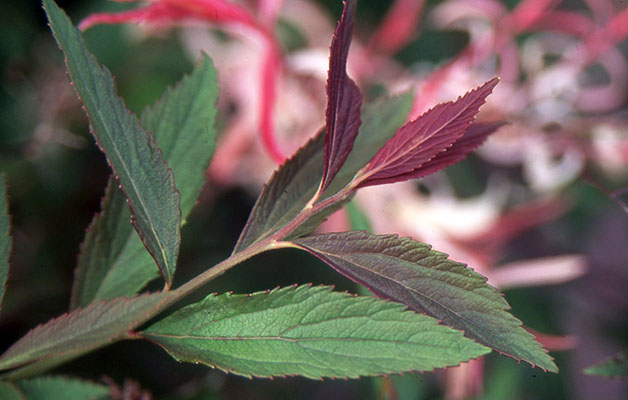



Spiraea Japonica Anthony Waterer Landscape Plants Oregon State University
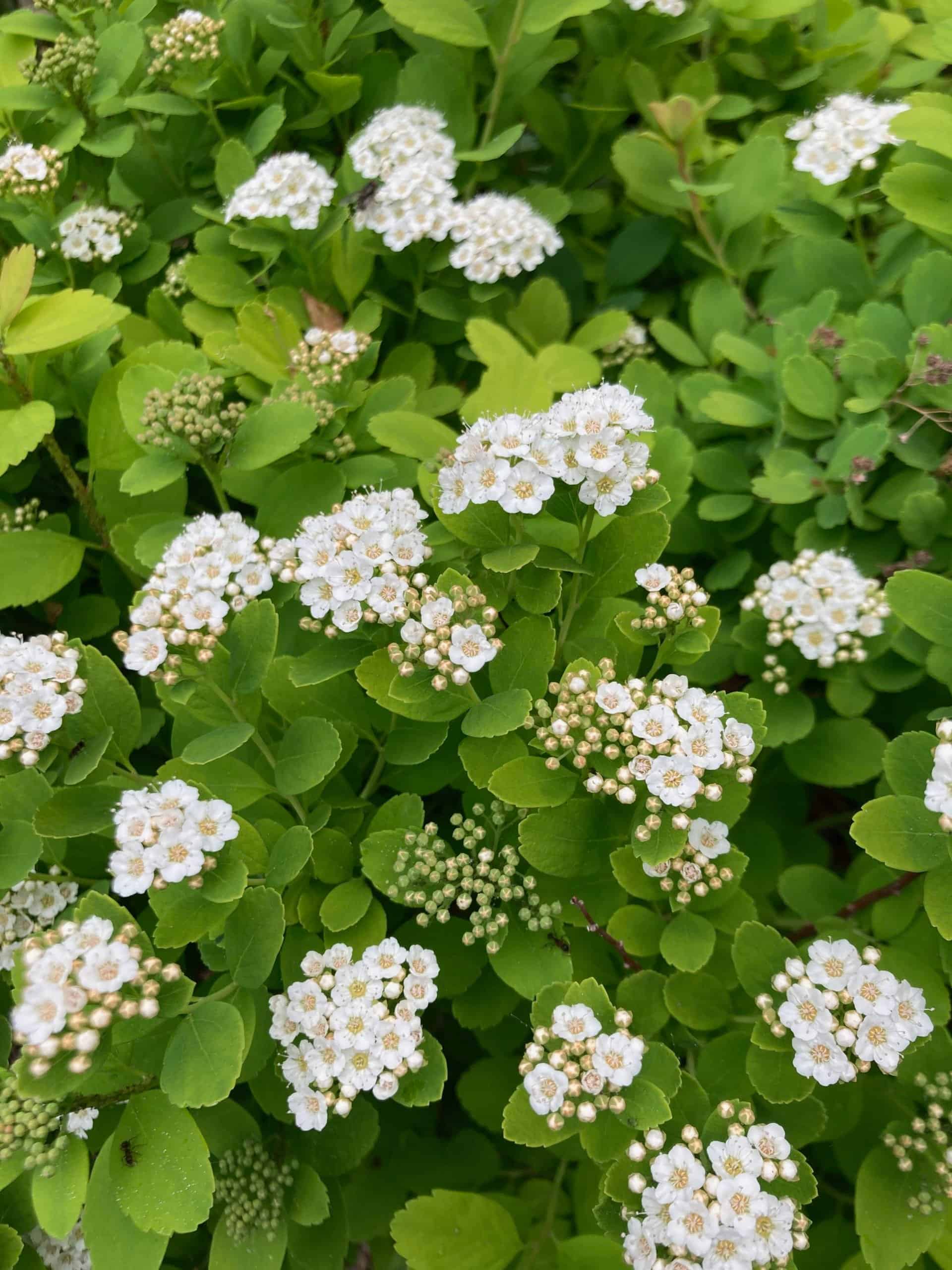



Don T Overlook Spireas Garden Making




Photo Of The Leaves Of Japanese Spirea Spiraea Japonica Goldflame Posted By Hemnorth Garden Org
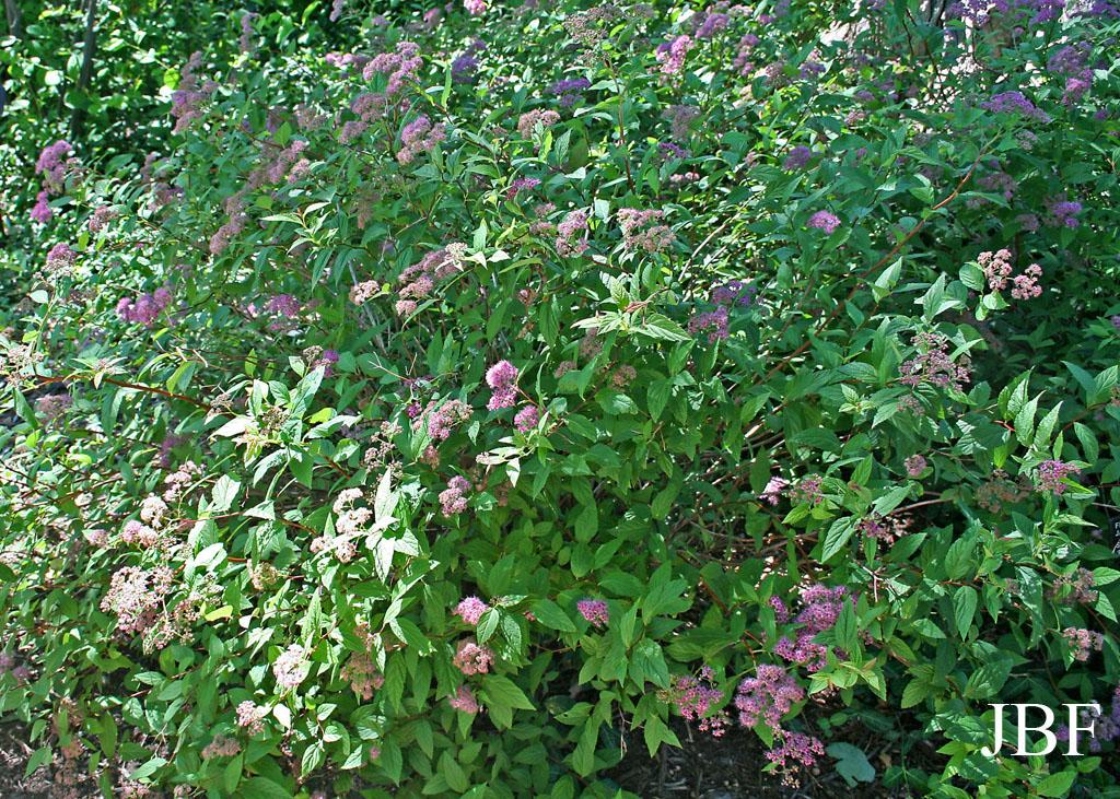



Japanese Spirea The Morton Arboretum




Spiraea Yellow Leaf Spot Virus Badnavirus Sylsv On Japanese Spiraea Spiraea Japonica
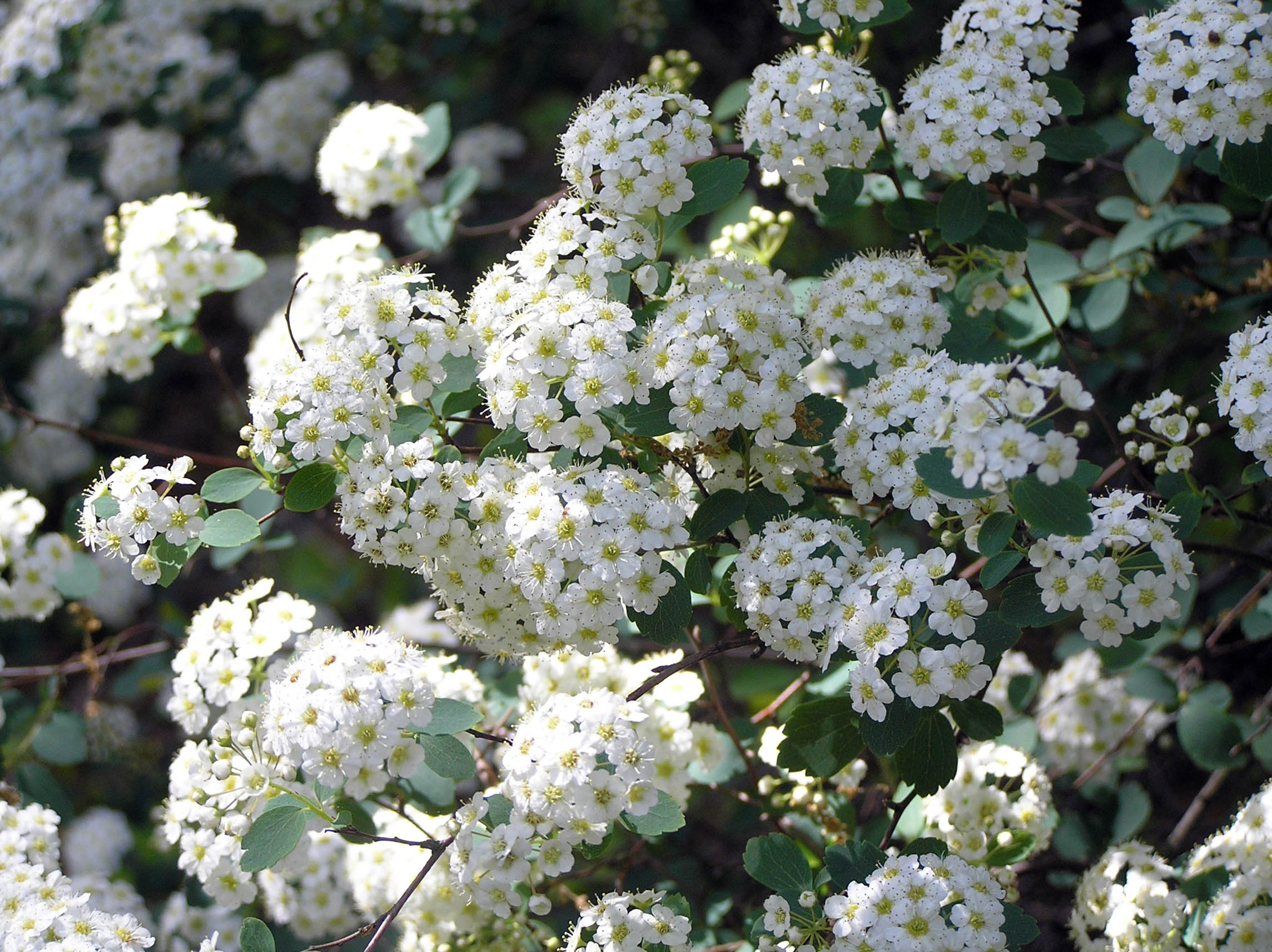



Spirea Home Garden Information Center




Ash Leaf Spirea Sorbaria Plant




Spiraea Tracy Spirea Double Play Big Bang 3 Behmerwald Nursery




Spiraea Japanese Meadowsweet Japanese Spirea Maybush Spiraea Japonica Magic Carpet
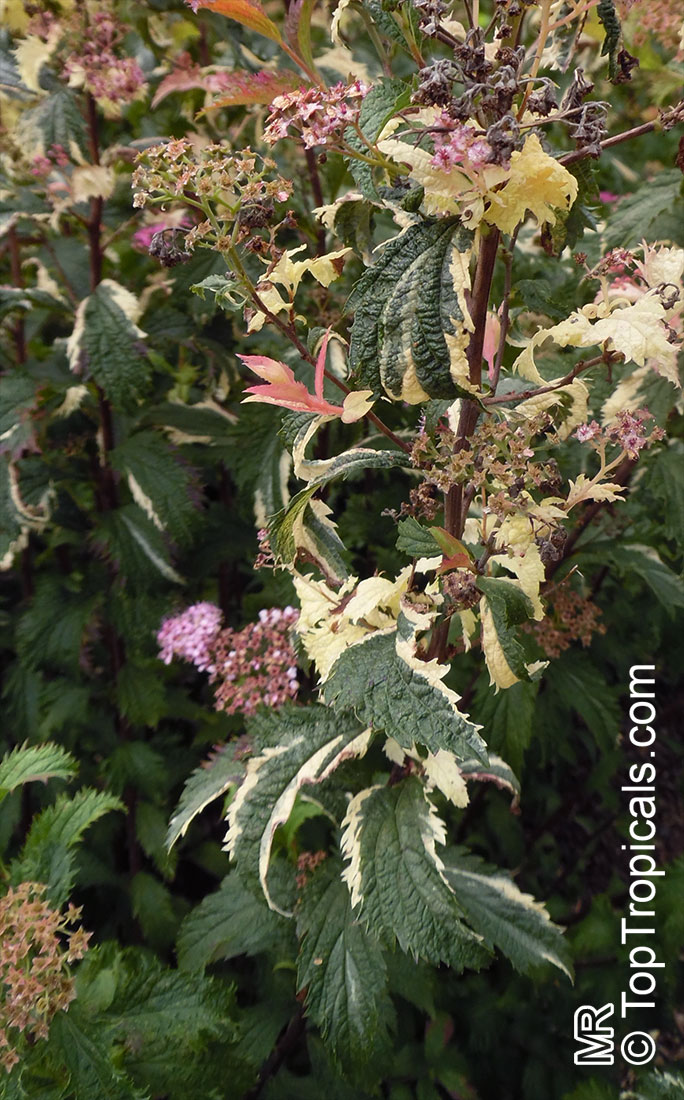



Spiraea Japonica Japanese Meadowsweet Japanese Spiraea Korean Spiraea Toptropicals Com




Non Native Invasive Plants Japanese Spirea




Spiraea Japonica Bumald Spiraea Goldmound Spiraea Japanese Meadowsweet Japanese Spiraea North Carolina Extension Gardener Plant Toolbox




Japanese Spirea




Common Plants Great Cultivars Finegardening
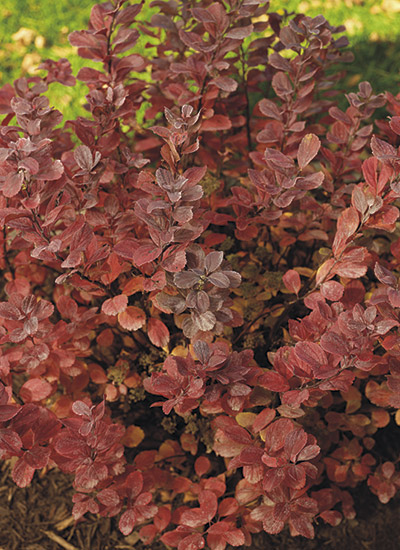



Your Guide To Spirea Garden Gate




How To Grow And Care For Spirea Bushes Gardener S Path




Spiraea 101 Surfing Hydrangea Nursery Inc
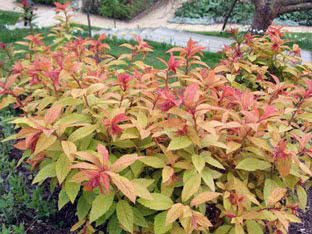



Spirea Planting And Care Species And Varieties Japanese Vanhouette Cinerea




Spiraea Japonica Goldflame Japanese Spirea




Spirea Varieties 33 Unique Types Of Spirea
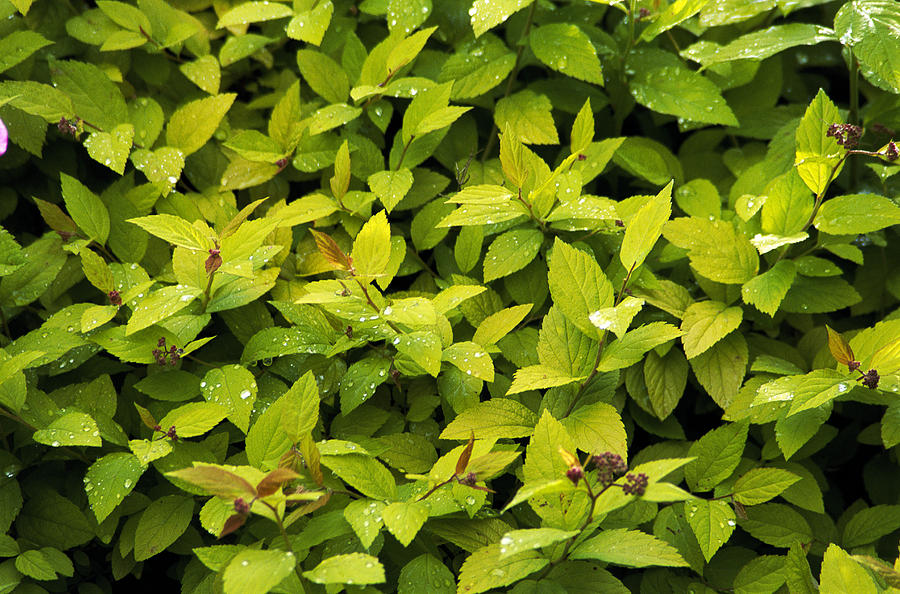



Japanese Spirea Spirea Gold Flame Photograph By Archie Young



Identification




Japanese Spirea




Spirea How To Grow And Care For Spirea Bushes Garden Design



1



0 件のコメント:
コメントを投稿